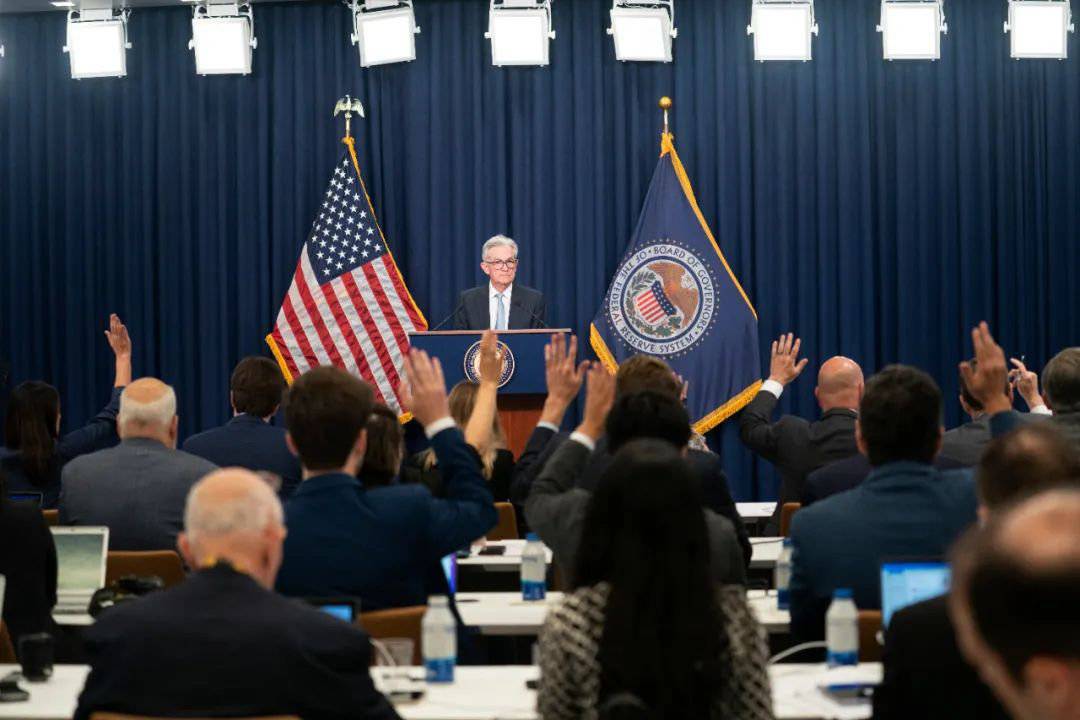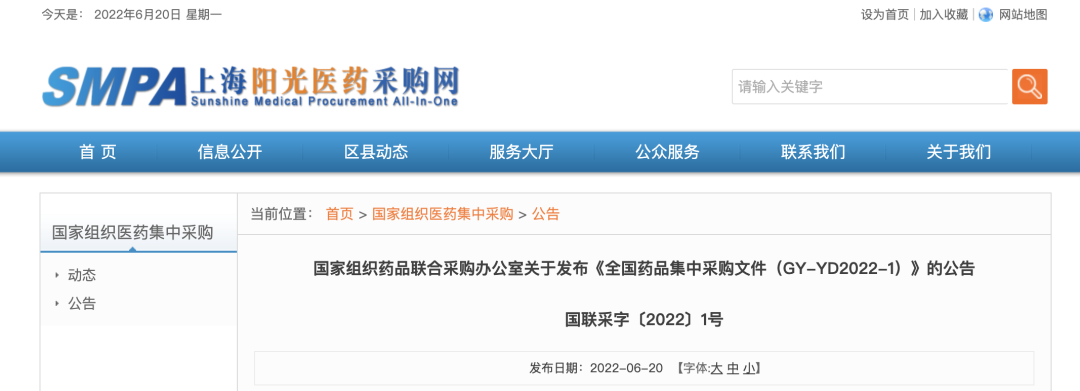The maximum interest rate hike in the Fed in 28 years has affected geometry?Cover News Interview with Tu Yonghong, Deputy Director of IMI
Author:Cover news Time:2022.06.19
Cover news reporter Su Yu
A few days ago, the Federal Reserve Commission announced that it raised 75 basis points between the federal fund interest rate target range to 1.5%and 1.75%to curb the soaring inflation. This is the largest interest rate hike since the Federal Reserve in 1994. Some analysts pointed out that it is not easy to rely on a significant interest rate hike to get rid of the dilemma of economic stagnation, and the risk of "hard landing" in the US economy is rising.

On June 15, the US capital Washington, Fed Chairman Powell attended the press conference. Xinhua News Agency
The Federal Reserve President Powell said at a press conference that members of the committee generally believe that if the development of economic and financial conditions meet expectations, 50 basis points should be considered. However, in the face of the recent development of inflation data such as unexpectedly rising, the committee believes that it is necessary to raise interest rates significantly, and at the same time continue to significantly reduce the scale of the balance sheet.
Cover news reporters noticed that the Federal Reserve raised interest rates of 75 or more base points, and it was only 28 years since 1970. This year, the Fed has raised interest rates for three consecutive meetings.
According to data released by the US Department of Labor on the 10th of this month, the US Consumer Price Index (CPI) increased by 1%from the previous month, an increase of 8.6%year -on -year, and a year -on -year increase of more than 8%for three consecutive months. Under the continuous high inflation, the market has expected the Fed to raise interest rates, which has led to a sharp decline in some global stock markets around the world in recent days, and major currencies such as Japanese yen, pound and euro have significantly lower the US dollar exchange rate.
What are the reasons for the Federal Reserve to raise interest rates multiple times? What impact will it affect the global economy? How does China face the risks it brings? On June 18th, Tu Yonghong, deputy director of the Institute of International Monetary (IMI) and professor of the School of Finance and Finance at Renmin University of China.
Cover news: What is the reason for the Federal Reserve to raise interest rates?
Tu Yonghong: The Federal Reserve has implemented quantitative easing for many years. After the 2008 financial crisis and the 2020 new crowned epidemic crisis, the Fed opened its currency loose and even unlimited loose gates. In the past two years, the Fed's balance sheet has more than doubled, and global liquidity has flooded, forming a situation of excessive currency supply, pushing up asset prices, and eventually transmitting to consumer prices. The current interest rate hike is the essence of "paying" in unlimited water release more than two years ago.
Secondly, the Russian -Ukraine conflict has pushed the Fed's geopolitical risk index to a high level. The Russian -Ukraine conflict forced the Federal Reserve to raise interest rates in this round of interest rate hikes to face the difficult choice of malignant inflation and economic decline. As a world energy and resource country, Russia's supply output has significantly reduced or even stagnated due to the influence of war and the United States and Europe, which triggered a second crisis after the global energy crisis in 2021. Commodities such as crude oil, natural gas and wheat, and non -ferrous metals have opened up the price increase, and drive the price of production and living materials collectively.
In addition, the "anti -baying effect" of the Fed's monetary policy. This time, the Fed's intention to control inflation, reduce credit, reduce investment and consumption, let the economy "cold", and gradually balance the money supply and demand and promote the decline in prices, but such a behavior will be counterproductive.
Cover news: What impact will the Fed ’s interest rate hike on the United States and the global economy?
Tu Yonghong: First of all, it has a certain impact on international trade. The United States is the world's largest importer. Excessive interest rate hikes will lead to economic recession, reduce the demand for imports in the United States, and will adversely affect trading partners. The United States is China's main trading partner, and has a huge deficit in China. The decline in import demand will put pressure on my country's export growth.
The Federal Reserve ’s interest rate hikes cannot be ignored on the financial impact. The three major US stock indexes have fallen sharply. It has reached the“ bear market ”standard. The severe shrinkage of assets has adversely affected the wealth effect of the United States. U.S. stock price fluctuations will inevitably lead to volatility of capital markets in other major countries, so this year specially need to prevent financial market risk infection.
In addition, the Federal Reserve ’s interest rate hikes will cause capital to return from emerging markets to the United States. According to historical experience, it will inevitably have a fierce impact on emerging market economies, leading to a significant depreciation of the currency exchange rate in these countries, increasing debt burden, and economic fragile countries.
As far as the United States is concerned, with the economic downturn in the second half of the year, the Fed still believes that the economy can achieve 'soft landing', but stagflation is unavoidable. At present, it is impossible to change the logic of short -term high inflation and tough tightening, and the risk of "hard landing" in the US economy is rising.
Cover news: How will the Fed ’s interest rate hike on the RMB exchange rate?
Tu Yonghong: The Federal Reserve ’s interest rate hike guided some capital to the United States, deteriorating capital revenue and expenditure, and in the short term, the renminbi had a certain depreciation pressure. However, China is an attractive foreign country, and it is also a large foreign investment country. Capital inflows and outflows are large, and they have strong international and domestic resource allocation capabilities and influence. Even if the large -scale outflow of capital in the securities market, my country has the ability to carry out effective hedge and dynamic management to avoid a large deficit of capital and financial project revenue and expenditure.
On the other hand, it is difficult for the Federal Reserve to raise interest rates in this round. It is difficult to change my country's trade surplus. Although the trading environment has changed significantly since 2022, the current toughness of goods exports in my country will not be eliminated in the short term. The Chinese trade surplus of 1.84 trillion yuan in the first five months has supported the appreciation of the RMB in the medium and long term, and does not support the depreciation of the RMB. At present, the proportion of foreign investment in the domestic capital market is relatively low, and the impact of foreign capital flows on the stock market is relatively small. A shares still have the advantages of valuation, and China's economy is expected to grow far higher than developed countries. The domestic capital market is still attractive to foreign capital. Cover news: How to resist the impact of the Fed's significant interest rate hike?
Tu Yonghong: The important goal of monetary policy is to ensure economic growth, stable prices, full employment and balance of income and expenditure. There are large differences in the economic structure and development stage of China. China and the United States are currently in different economic cycles, and the efforts and policy tools of monetary policy must be different. The Federal Reserve's interest rate hikes control inflation, my country cuts interest rates to ensure relatively loose liquidity, support economic response to the new crown epidemic, and help small and medium -sized enterprises to relieve them.
Sino -US economic and trade relations are closely. In the first five months of this year, bilateral trade exceeded 2 trillion yuan, with a growth rate of over 10%. China holds trillions of dollars in US Treasury bonds. The Fed's monetary policy has an undoubtedly overflowing effect on China, challenging and opportunities. It is necessary to pay special attention to capital flow status and exchange rate fluctuations, and actively take countermeasures to avoid harm.
- END -
The generation of the health world of the Z appears, and the nutritional products have faded away fr

In order to meet new demands such as punk's health and lazy health, more and more ...
The seventh batch of national optical competition patterns sort out: nearly 300 companies 61 varieties competition, Omepazole injection "26+1" competes on the same stage!

Turning out! The seventh batch of official documents of the seventh batch of Natio...